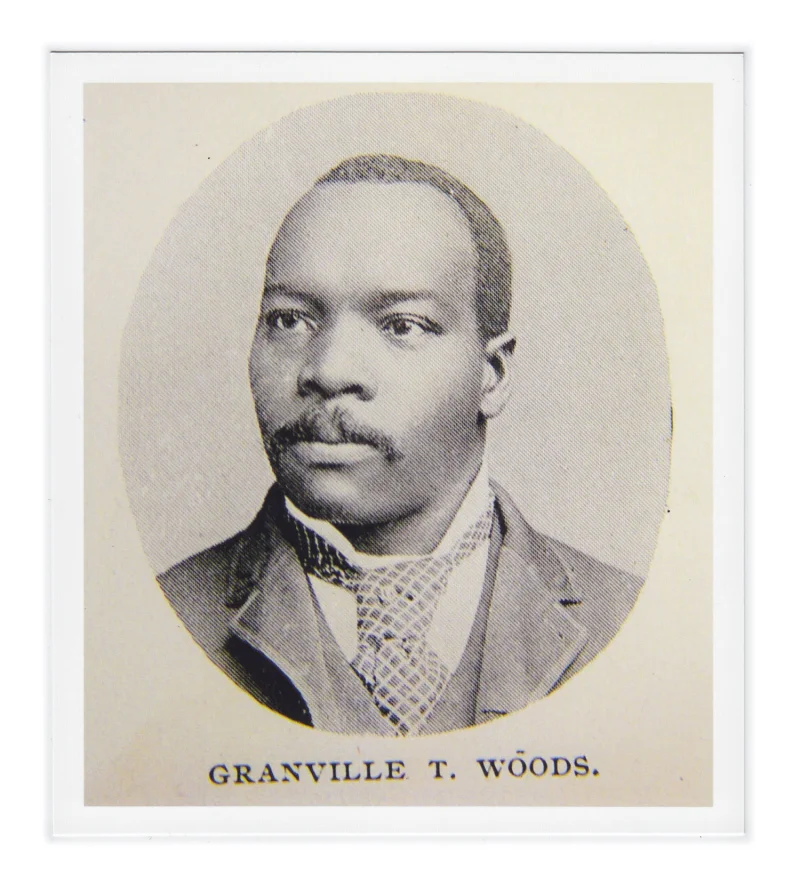Short Summary
Charles Darwin was a British naturalist renowned for his groundbreaking theory of evolution by natural selection. Born in 1809, he embarked on a voyage aboard the HMS Beagle that greatly influenced his scientific ideas. Darwin's publication of "On the Origin of Species" in 1859 revolutionized the biological sciences and sparked discussions on the development of life. His work laid the foundation for modern evolutionary biology and greatly impacted scientific thought and society.
Early Life & Education
Charles Robert Darwin was born on February 12, 1809, in Shrewsbury, England, into a wealthy and well-connected family. His father, Robert Darwin, was a successful doctor, while his mother, Susannah, was part of the influential Wedgwood family. Darwin was the second youngest of six children. He attended the University of Edinburgh to study medicine, but his lack of interest led him to pursue theology at the University of Cambridge. Influenced by botanist John Stevens Henslow, Darwin developed a keen interest in natural history, which set the stage for his future scientific endeavors.
Career Highlights
Darwin's career was marked by his participation in a five-year voyage aboard the HMS Beagle from 1831 to 1836. During the expedition, he collected a vast array of specimens and made observations that would later inform his theories on evolution. After returning to England, he spent years analyzing his findings and conducting further research. In 1859, he published "On the Origin of Species," which proposed natural selection as the mechanism of evolution. This work solidified his reputation as a leading figure in the scientific community and profoundly influenced the field of biology.
Major Achievements
- Published "On the Origin of Species," which introduced the theory of evolution by natural selection.
- Conducted extensive research and experiments on plant and animal breeding, contributing to the understanding of heredity.
- Authored several influential works, including "The Descent of Man" and "The Expression of the Emotions in Man and Animals."
Famous Quotes
- "It is not the strongest of the species that survive, nor the most intelligent, but the one most responsive to change."
- "A man who dares to waste one hour of time has not discovered the value of life."
- "I am not apt to follow blindly the lead of other men."
Interesting Facts
- Darwin delayed publishing his theory of evolution for over 20 years.
- He was an avid pigeon breeder, which helped him understand artificial selection.
- Darwin suffered from chronic illnesses throughout much of his life.
- The Galápagos Islands were crucial in shaping his ideas on natural selection.
- He was buried in Westminster Abbey, near Sir Isaac Newton.
Legacy / Influence
Darwin's theory of evolution fundamentally altered the scientific understanding of life's development. His ideas challenged traditional views and paved the way for the field of evolutionary biology. The concept of natural selection provided a unifying framework for the study of biology and influenced disciplines such as genetics, ecology, and anthropology. Darwin's work continues to be a cornerstone of modern science, shaping our understanding of the natural world and humanity's place within it.
FAQ
Q: Why is Charles Darwin famous?
A: He is famous for developing the theory of evolution by natural selection, which transformed the scientific understanding of life on Earth.
Q: What was Darwin's most significant publication?
A: His most significant publication was "On the Origin of Species," published in 1859.
Q: What was the HMS Beagle?
A: The HMS Beagle was the ship on which Darwin embarked on a scientific expedition that greatly influenced his theories on evolution.
Q: Where is Darwin buried?
A: He is buried in Westminster Abbey, London.













